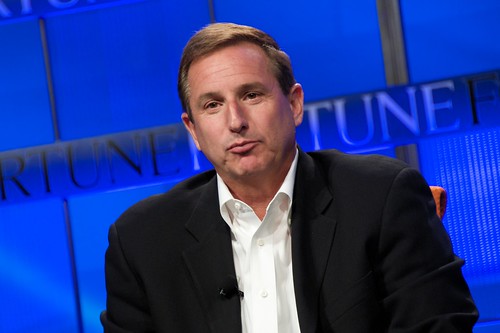
After reading this post by Amanda Hutchins at the MPS insights blog many thoughts flew through my mind. While I really enjoyed the post I found that her perspective almost seemed skewed towards the acceptance of the following philosophy as proposed in this paragraph:
"Now, if Mr. MPS Specialist comes into the office to optimize your fleet–taking away your congregating point there could be some resistance. Are you happy with this change? No! Could this affect your job satisfaction and in turn your work? Yes! Are you going to riot? Well, probably not, but you get my point."
Perhaps I am just taking it the wrong way, but it almost seems as if "Mr.MPS specialist" will always be tasked with taking away said end-users congregating point and the above seems to suggest "that's just how it is."
Who says taking away the congregating point is always the right thing to do and is "Mr.MPS Specialist" always to propose such an idea? I understand that many companies will in fact take away said congregating point however, if we are going to discuss the human element in this way perhaps we should consider the fact that maybe this is not the right thing to do. Perhaps if said congregation meets in this way and job satisfaction is merely one of several positive byproducts accompanied by useful conversation within said aggregate which in turn produces benefits to the company and its customers...
Is cutting this limb off really benefiting the company?
As far as I know, this kind of thought process, one which takes into account the psychological consequences of MPS in regards to an organizations end-users is uncommon. With that being said... perhaps it shouldn't be.
I personally think that "Mr.MPS specialist's" job should not merely be a well oiled, overly mechanical process that eliminates costs without the human element associated with those costs also being taken into consideration.
People make your business what it is and people don't like being sterilized. Cutting certain costs may be akin to cutting out the human element. If the interactions at the water fountain, the coffee pot or the printer directly effect the emotions of the people who will be answering your phones, taking orders or speaking with your customers, then eliminating that organic experience may very well cost you more than it saves you in the long run. I suggest that maybe lowering the costs associated with said congregating point as apposed to eliminating it all together is something to consider.
I personally believe that if your trying to save money within your business, you may achieve the exact opposite if the only thing you focus on is money itself.













